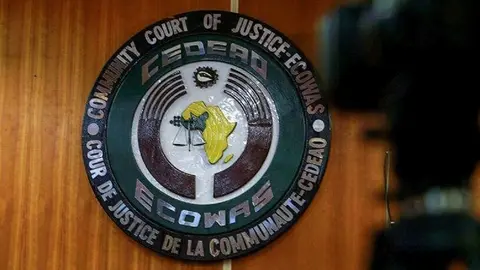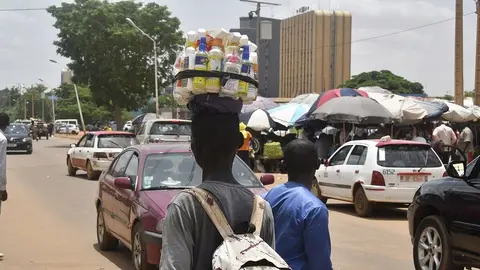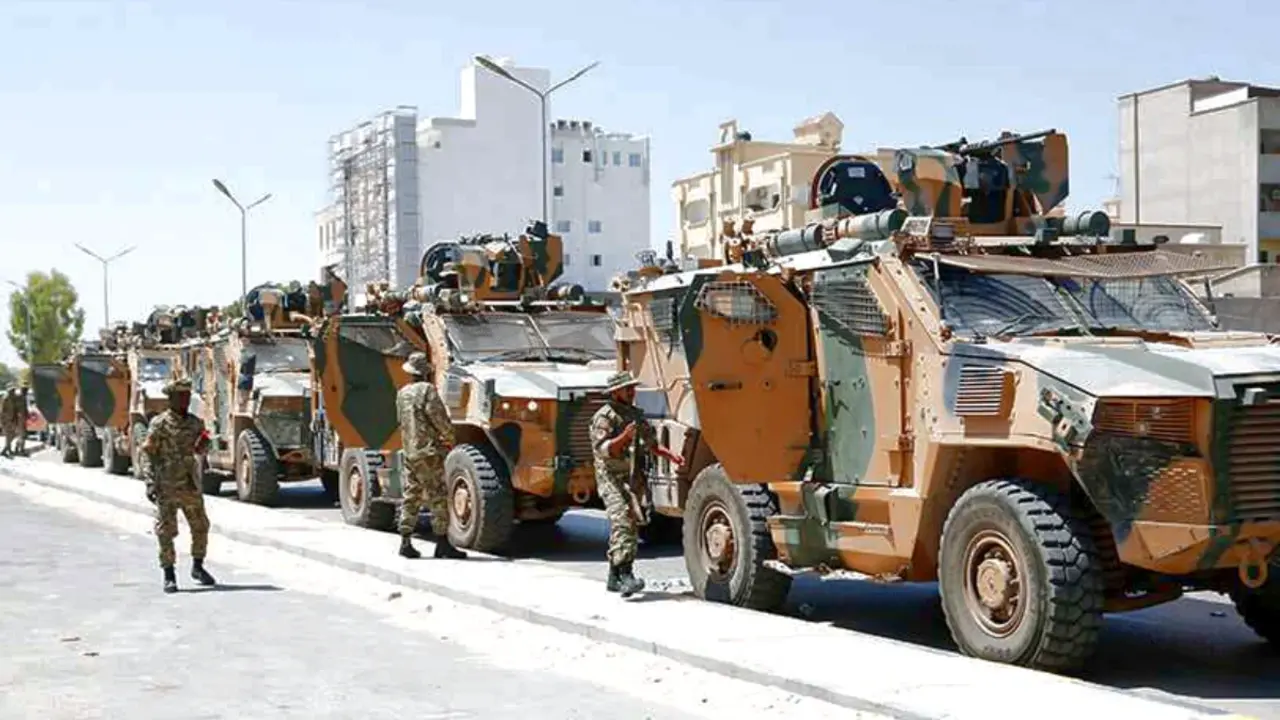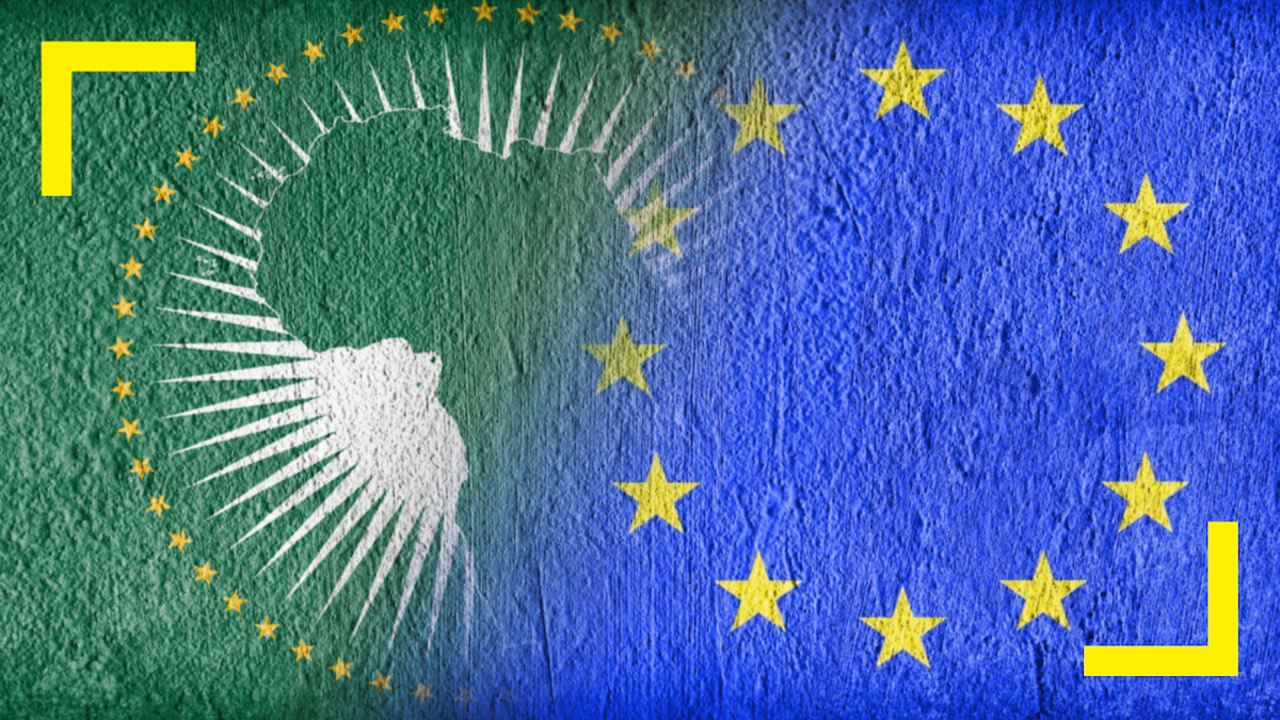Niger's crisis and its role in the spread of jihadist terrorism in the Sahel

The coup d'état in Niger has aggravated the situation of instability and insecurity in the troubled Sahel region. Immediately after the military uprising against the elected president Mohamed Bazoum - a close ally of the West - the focus was placed on Russian expansion in the area through the Wagner group, already present in other countries such as Mali and Burkina Faso, both led by military juntas following coups d'état. Since then, the Economic Community of West African States (ECOWAS) has also had to deal with the events, deciding what measures to take to restore order in the Sahelian country.
ECOWAS has stressed the importance of diplomacy in resolving the crisis, although it has not ruled out the use of force. In the aftermath of the coup, ECOWAS imposed sanctions against Niger, as it had previously done with Mali and Burkina Faso. The sanctions, as in most countries, are mainly affecting the civilian population, who are already suffering from power shortages and power cuts. According to the UN, some neighbourhoods in Niamey have little access to electricity, as Nigeria - Niger's main energy exporter - has cut off part of the supply due to the sanctions.

Another serious long-term consequence of the coup is the spread of jihadist terrorism, a phenomenon that will be reinforced by the unstable situation and lack of security in the country and the region. The Sahel has already become the centre of terrorism globally, surpassing other hotspots such as North Africa and the Middle East. Terrorism accounted for 43% of deaths in the Sahel in 2022, more than South Asia, the Middle East and North Africa combined. Niger, in particular, is the tenth country globally most affected by terrorism. In 2021, it recorded the highest increase in deaths from terrorism in the world. However, thanks to government measures and international support, Niamey managed to reduce this figure by almost 80%.
Instability and the power vacuum facilitate the expansion of terrorist groups in the region, many of them linked to al-Qaeda or Daesh. Also of particular concern are the actions of Boko Haram, a terrorist organisation that recently killed 13 people in two separate attacks in Nigeria's Borno region, on the border with Niger. This is why the chaos in Niger could worsen the situation in other countries in the area, such as Nigeria, a nation that has been fighting against Boko Haram for years.

As the International Centre for Counter-Terrorism warns, "any severe deterioration in Niger's security situation could offer jihadists the opportunity to take control of a contiguous strip across the Sahel from Mali to northern Nigeria".
The organisation recalls the security gains achieved by Niamey due to increased counter-terrorism operations carried out by the national security forces, although it recalls that "it might be difficult" to maintain them due to the current political situation. It also stresses that such a scenario could have "devastating consequences" for West African coastal states, such as neighbouring Benin, which recorded its worst year in terms of terrorist violence in 2022.
Tackling this major challenge requires close cooperation between Benin, Niger and Burkina Faso, as many terrorists have established the W National Park as their base and centre of operations. This natural area, a UNESCO World Heritage Site since 1996, spans all three African countries and could be used by jihadists to further expand their presence in West Africa.
Less than a month after the coup d'état, the current situation in Niger remains highly volatile. There are still many unknowns about how the country's crisis will evolve in light of the pressures exerted by ECOWAS and the international community. What is clear is that increased instability in the Sahelian nation will have serious repercussions for security in the wider region, most notably the deterioration of the joint counter-terrorism partnership and the rise of jihadism.












